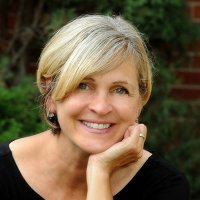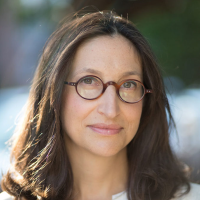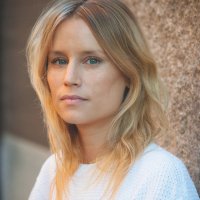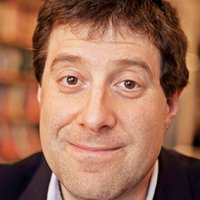Adam McGee of Boston Review

In response to the question, “What are you looking for?” every editor has at some point told an aspirant, “Surprise me!” We’re not trying to be dismissive—it’s just a harder question than people realize. Aesthetic choices are notoriously hard to quantify, and often editors are under competing demands (to appease their bosses, to give readers a new experience), such that articulating something as abstract as what you would wish to see can be paralyzing.














